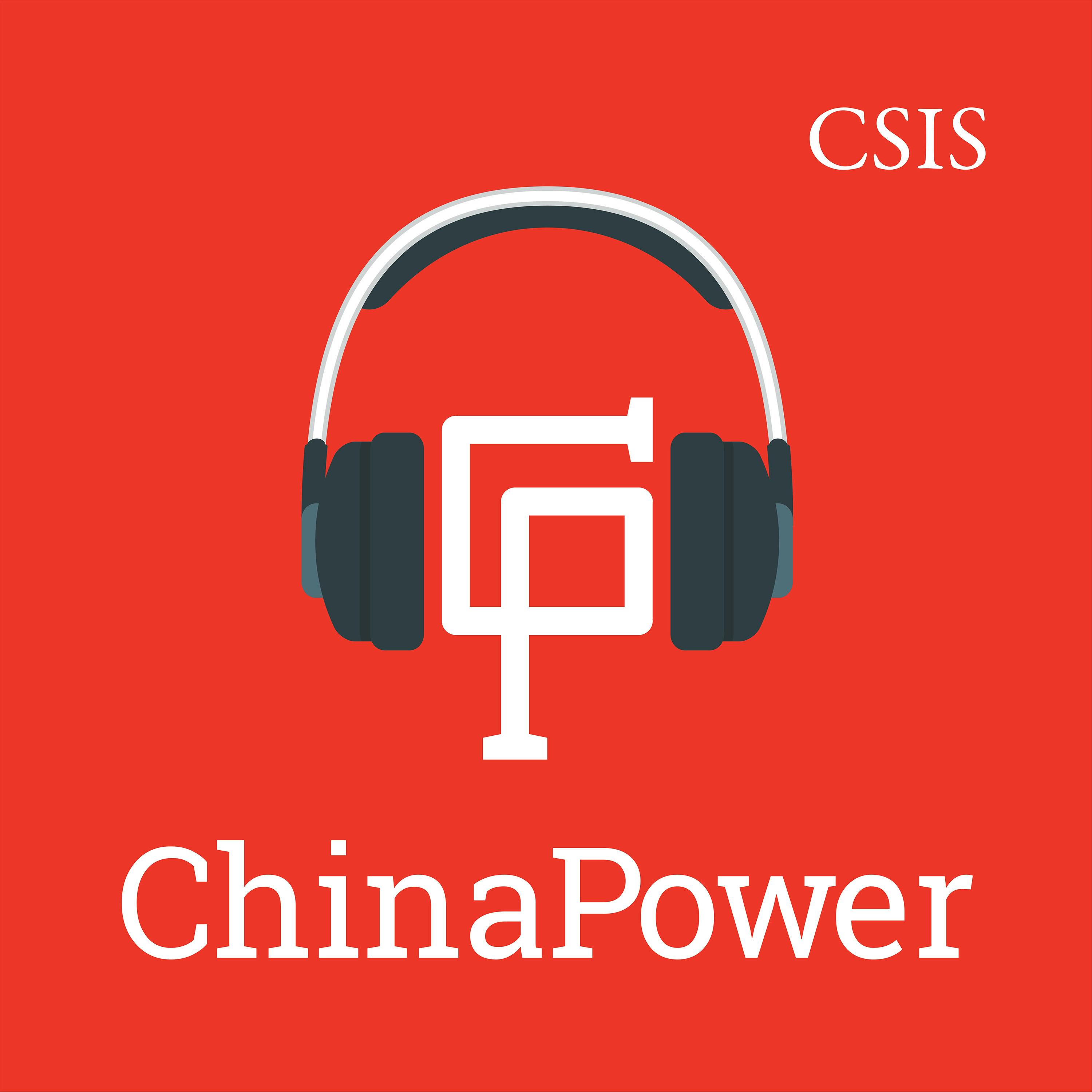
Deep Dive
- Cautious optimism in Japan and Taiwan regarding a shift in US-China policy.
- Continuity in US policy observed in the first year of Trump's administration.
- Taiwan's own political shift toward distancing from China in 2016.
Shownotes Transcript
In this episode of the ChinaPower Podcast, Mr. Ivan Kanapathy joins us to discuss what Donald Trump’s second administration’s Indo-Pacific strategy may look like and the ways in which Trump redefined the U.S. relationship with China during his first term. Mr. Kanapathy shares that a second Trump administration will likely show high continuity from his first and speaks to how Trump will have to deal with a more aggressive China this time around but that many of the measures the Trump administration put in place during his first term have served to weaken China throughout the last few years. Mr. Kanapathy provides his assessment that the Trump administration will likely maintain many of the same objectives from the Biden administration, specifically in prioritizing U.S. security and prosperity as well as maintaining strong relationships with our allies and partners. However, he shares that Trump will likely place a larger emphasis on reducing freeriders and on leveling the planning field through increased burden sharing. Mr. Kanapathy shares his thoughts on Trump’s proposed economic policies towards the region and his view that Trump’s tariffs on China during his first administration were highly successful in diversifying U.S. imports and making goods from allies and partners, rather than China, more attractive. He explains his view that the U.S. needs clearer leadership and a more concrete strategy towards China that includes a model of deterrence without assurances. Finally, Mr. Kanapathy explains that the next administration should seek positive sum competition with China, rather than cooperation, and explains that rather than mil to mil cooperation, leader level meetings will be more effective.
Ivan Kanapathy is a senior vice president with Beacon Global Strategies. From March 2018 to July 2021, he served on the White House’s National Security Council staff as director for China, Taiwan, and Mongolia and deputy senior director for Asian affairs. From 2014 to 2017, Ivan worked at the American Institute in Taiwan, representing U.S. interests and advising on military and security issues in Taipei. Earlier in his career, Ivan spent a year studying in Beijing and traveling throughout China, Taiwan, and Southeast Asia as a U.S. Marine Corps foreign area study fellow; he later led the development and implementation of the service’s global security cooperation strategy and policies at the Pentagon. As a naval flight officer, Ivan accumulated 2,500 flight hours, served three years as a F/A-18 weapons officer and tactics instructor at the U.S Navy Fighter Weapons School (better known as TOPGUN), and deployed to the Middle East and Western Pacific five times, earning several combat awards and decorations. He holds a MA (with distinction) in East Asia security studies from the Naval Postgraduate School, a BS in physics and economics from Carnegie Mellon University, and an AA and diploma (with highest honors) in Chinese – Mandarin from the Defense Language Institute.